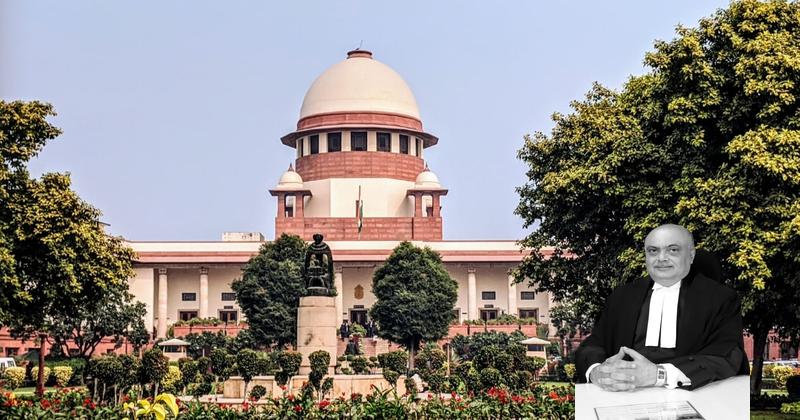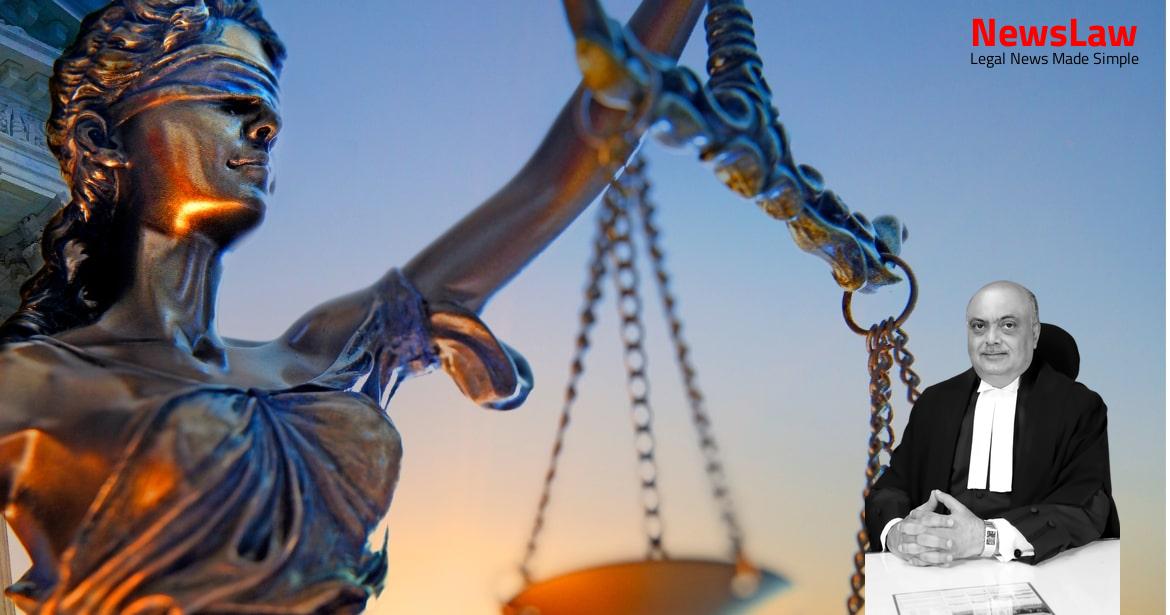A Representation Agreement was executed on 18.09.2000 to be effective from 03.10.2000 between DMC and Integrated Sales Service Ltd. The said agreement was signed by Rattan Pathak (Managing Director) on 3 behalf of DMC and Terry L. Under the terms of the agreement, Respondent No 1 as the representative was to assist DMC in selling its goods and services to prospective customers and to receive commission in consideration thereof.
On 22.06.2009, Respondent No 1 issued a demand for Arbitration to the Review Petitioner under the Commercial Arbitration Rules of the AAA. An application under Order 39 Rules 1&2
CPC was also filed in the said suit praying to restrain Respondent No 1 to proceed with the arbitration on the ground that it could not be compelled to participate in the arbitration as it was not a signatory to the agreement. According to the Review Petitioner, the above order was passed in his absence and GBTL.
The Respondent No 1 before approaching the High Court moved an application under Section 47 of the Arbitration and Conciliation Act, 1996 seeking execution of the Arbitral Award before the Principal District Judge at Nagpur.
In the meantime, objections were raised regarding maintainability of the appeal and also Review Petitions were filed before the Single Judge. The Division Bench finally vide judgment dated 04.01.2017 allowed the Arbitration Appeal No 3 of 2016 and held the award to be enforceable against Review Petitioner and GBTL also as the award was a foreign award as against Review Petitioner and GBTL. Salve briefly summarized are as under: 13 A)
Also Read: https://newslaw.in/supreme-court/challenge-to-state-governments-directive-for-cadre-merger/
The impugned judgment overlooked the fundamental point made on behalf of the Review Petitioner that Section 44 read with Section 46 of Act makes only a foreign award enforceable and in order to ascertain whether the award is foreign award the Court is not constrained by Section 48 of the Act.
Reference has been made to the written submissions submitted on behalf of the Review Petitioner at the time of arguments before this Court which specifically included the following points: (i) Though under the Delaware law, a non- party to the agreement could have been included in the arbitration proceedings but when the same is being enforced in India, then, the award will have to be tested as to whether it could be enforced against the non-party to the agreement as per the Indian law.
Under 15 Section 35, an arbitral award shall be final and binding on parties and persons claiming under them respectively meaning that, to a non-party claiming under the party to the agreement, the arbitral award would be binding, whereas under Section 46 of the Act a foreign award would be binding for all purposes on the persons as between whom it was made and not against non-party even though claiming under the party to the agreement. Further, according to him, all the points now sought to be argued have already been considered by this Court, no case for review is made out and the review petitions deserve to be dismissed. Review of judgments or orders by the Supreme Court.– Subject to the provisions of any law made by Parliament or any rules made under article 145, the Supreme Court shall have power to review any judgment pronounced or order made by it.” 2. Order XLVII of Part-IV of the Supreme Court Rules, 2013 provides for the powers of review and the procedure for hearing such review. The Court may review its judgment or order, but no application for review will be entertained in a civil proceeding except on the ground mentioned in Order XLVII, rule I of the Code, and in a criminal proceeding except on the ground of an error apparent on the face of the record.
Unless otherwise ordered by the Court an application for review shall be disposed of by circulation without any oral arguments, but the petitioner may supplement his petition by additional written arguments.
Where an application for review of any judgment and order has been made and disposed of, no further application for review shall be entertained in the same matter.” (b) by a decree or order from which no appeal is allowed, or (c) by a decision on a reference from a Court of Small Causes, and who, from the discovery of new and important’ matter or evidence which, after the exercise of due diligence was not within his knowledge or could not be produced by him at the time when the decree was passed or order made, or on account of some mistake or error apparent on the face of the record or for any other sufficient reason, desires to obtain a review of the decree passed or order made against him, may apply for a review of judgment to the Court which passed the decree or made the order.
The fact that the decision on a question of law on which the judgment of the Court is based has been reversed or modified by the subsequent decision of a superior Court in any other case, shall not be a ground for the review of such judgment.” A plain reading of the above provisions in uncertain terms states that the power to review can be exercised only upon existence of any of the three conditions expressed therein. Hidayatullah and Sri K.C.
Case Title: ARUN DEV UPADHYAYA Vs. INTEGRATED SALES SERVICE LTD. (2023 INSC 610)
Case Number: R.P.(C) No.-001273-001274 / 2021



